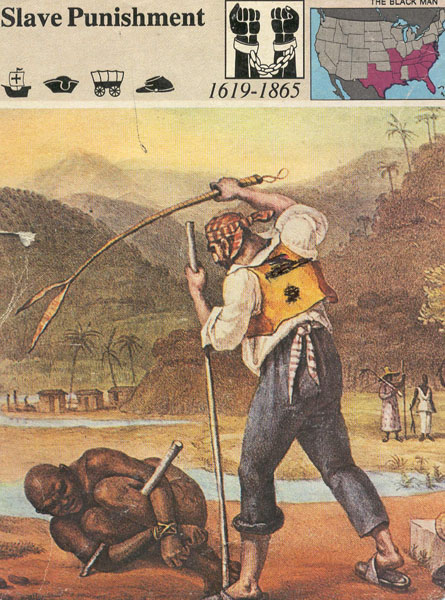|
Laurence Paul Dunbar |
|
|
Life
|
||||||||||||
|
Life A crust
of bread and a corner to sleep in, |
|
|||||||||||
|
In “life”,
Paul describes the contrasting emotions that life brings along the way. As his simile describes on the first stanza “A
minute to smile and an hour to weep in” (Line 2). Life itself is paradox nothing seems to be constant and permanent.
One minute you are here and the next somewhere else. This poem although is short
every word means something deep. For example “a pint of joy but the moans
come trouble,” (line 3) Once again he describes the little joy that a slave can have at a big cost. Nothing is forgiven
in a slave life. Taken it to today life, there is a cost, a bargain to everything. Indeed as a student goes to college, he
has to give up working and getting money. There is something to gain and a lot or a little to lose. But as today, we are given
the option to choose our paths unlike in the past.
|
|
|||||||||||
|
This is a tetrameter poem in which Paul Laurence Dunbar tells us his thought about life. With the Negro's memory, Dunbar experiences the difficulties of the poor such as hungry and poor. Their dreams is really simple such as a very humble place to lay their backs down or a small bread to eat in other to survive, but they hardly achieve their dreams. The Creator treats them unfairly; he gives them a little hope and happiness but "double&" sorrow and pain. With assonance, Dunbar stresses the poor difficulties, sorrow, and tear by repeating A sound in at the beginning in most sentences in both stanzas. In additional, by assonance literal device, Dunbar also creates the rhyme and rhythm. In the second stanza, Dunbar repeats those very simple demands of poor but in different way, the satisfaction. Through this poem, Dunbar shows us the forever thought: money can not bring us happy. He wants us to slow ourselves down in order to recognize what we really need and accept what we really are. Also, he wants us to open our hearts to do anther a favor, especially the poor. As a result, we can make them happy and ourselves happy. That is his ideology of "Life." |
||||||||||||



